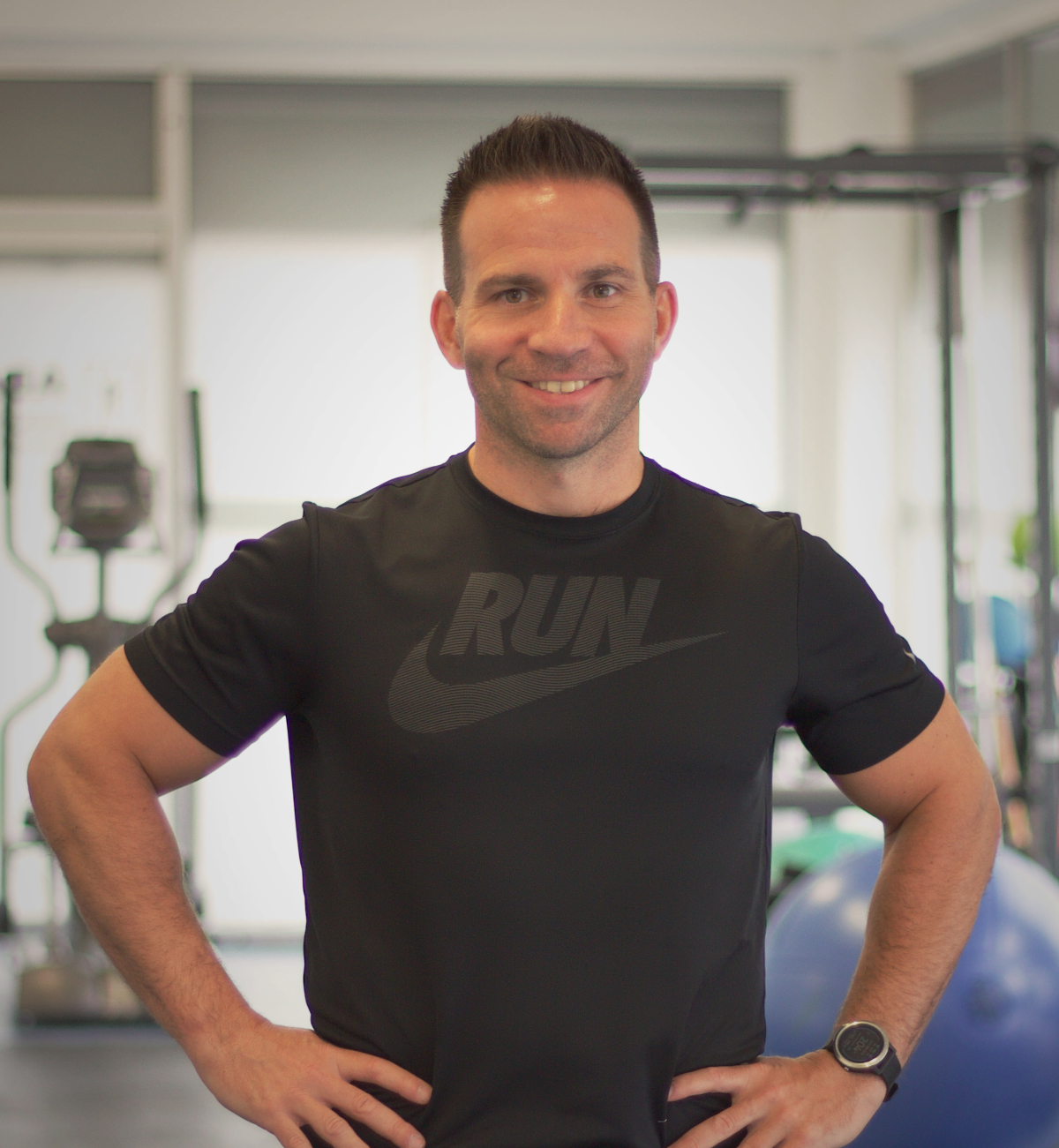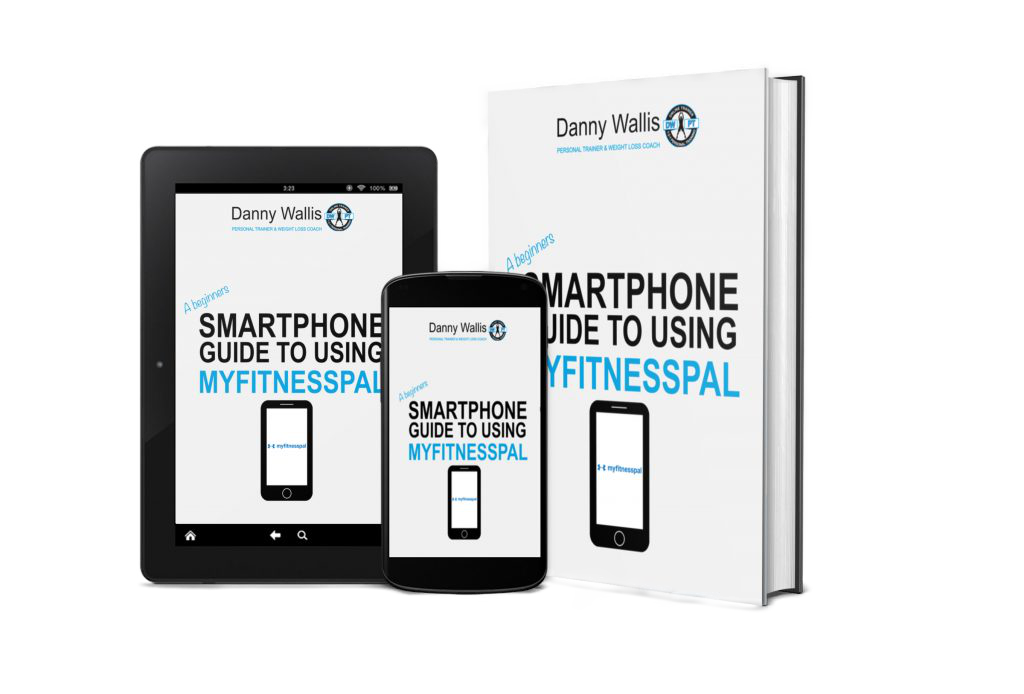I took on a new client this month. When I asked her if she would like to see my qualifications or if she would like to ask me anything about my background or experience she looked at me smile and said “No, it’s alright, I trust you”. In the last 20 years, after consulting with over five thousand people in that time, I think I can count on one hand the times I haven’t heard that.
In my experience, most new or potential clients to personal training have no real expectations when hiring a trainer and have no idea what a ‘normal’ level of service actually should be.
When hiring someone to help you achieve your goals, it’s important to know what your basic expectations should be, what you should be asking for and warning signs you should absolutely steer away from.
1. The Initial Enquiry
Good customer service should start with your enquiry. If you leave a message or an email, your potential coach should get back to you within 24 hours. No excuses. We live on our phones these days. If they are lazy in getting back to potential income, chances are they will be lazy in training you. Find several trainers in your area and try them all before you take things any further. You will be surprised at how different the response time and first impressions can be.
2. The Consultation
A good trainer will want to know more about you before you start training with them. This is primarily to ask you about your medical background to ensure you are safe to exercise. They will want to know about your exercise history and, most importantly, they will want to assess what your goals are and assist you in structuring a plan to help you start achieving them. A training session without a goal is like a race with no finish line – it goes nowhere.
Some clients aren’t fully sure why they end up sitting in front of you – they sometimes just want to feel better in some way. The trainer who is right for you will ask leading questions and help you structure goals as part of your new partnership together. If you are certain you know what you want, you should be confident in asking them about their experience in that specific area and if they can provide case studies or a reference of an existing client they may have helped in a similar way.
A personal trainer’s initial consultation is also their sales pitch. It’s their chance to shine in front of their potential client and up sell all the different services they can offer to get you motivated and start making progress – whilst they gain a new client and extra income. If your trainer is disorganised, unsure of your questions or doesn’t lead the conversation in a structured manner these things are all red flags… Not only is this person struggling to help you, they are also struggling to maintain and grow their own business.
3. It Should Be About YOU Not THEM!
Empathy, in my opinion, is one of the most important factors when dealing with people in any service industry – It allows you to connect and understand the client emotionally which builds a strong rapport essential for the partnership to work long-term.
I heard a story from a client the other week about his previous trainer who sat in her van whilst training him in the rain as she shouted the instructions out of the window because she didn’t want to get wet. At the end his ‘cool down’ was to put all the weights back in the van for her.
Your trainer needs to be someone who understands you on both a physical and emotional level. If, on your first impression, you feel the rapport isn’t right or they are using closed body language, avoiding your questions or keep getting distracted – be warned.
4. Your Diet is 70% of Your Results
Anyone who tells you otherwise is telling you big fat fibs or is too inexperienced to know any different. If you are looking to build muscle, lean down and tone up, get ripped or run a marathon how you fuel yourself is massively important to achieving your goals.
You shouldn’t expect every trainer to be a qualified nutritionist, however, if you are prepared to part with your hard-earned cash every session you deserve to work with someone who can help you achieve a far better return on your investment.
Again, ask regarding qualifications and experience. Also, ask them about their own food habits. I have heard stories of trainers who spend as much time in the pub and Pie & Mash shop as they do in the gym. In my opinion, your trainer should be practicing what they preach. You wouldn’t use a mechanic whose car kept breaking down, would you?
5. Training Should be Both Educational & Motivational
Not in the ‘lets go back to school’ kind of way, but it would help you if when away from the gym you at least have a basic idea of what you’re doing to compliment your sessions when training on your own and how to help motivate yourself. Helping to get your head in the right place is an essential part of personal training and if your trainer isn’t addressing that as part of your sessions, you are certainly missing out.
6. And Finally…. Injuries Should Not be Ignored
I can not tell you the amount of times I have spoken to other trainers who work in the fitness industry and behind their clients backs moan and complain how restrictive it is training them because their client has back pain which ‘won’t go away’ or they are ‘boring to work with because their knees hurt all the time’.
Injuries can come about to the best of us; this is largely due to poor posture, weakness and poor flexibility in the body. Your trainers job is to help identify these issues and work proactively with you to address them and where possible, remedy the problem. If they cannot remedy the issue themselves they should be proactive about recommending or referring you to a specialist who is able to help.
Your fitness professional simply ignoring your pain or, even worse, asking you to work through the pain is frankly incredibly poor. You deserve better.
Good luck in the pursuit of your goals and I hope if you are looking to hire a fitness professional these tips have helped.
Thank you for reading and don’t forget to subscribe, share and leave a comment!


